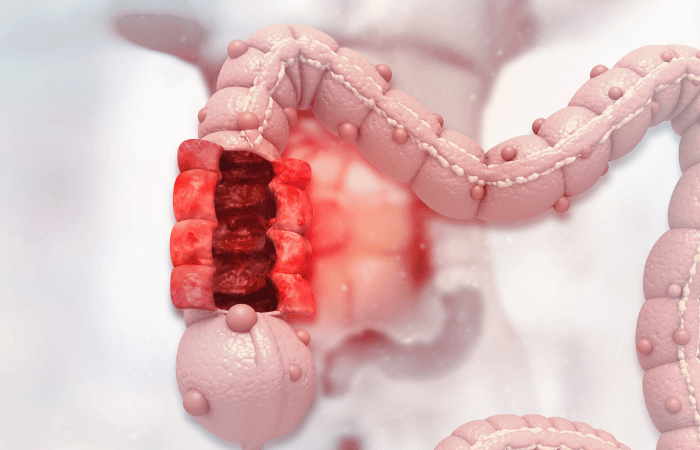Colorectal cancer, a type of cancer that can remain silent, can have no symptoms at an early stage, but it is the third leading cause of cancer-related deaths in the United States. March is colorectal cancer month, do you have enough knowledge about colorectal cancer?
Colorectal cancer does not have any symptoms in the early stage, and once found, most of them are in advanced stage. However, screening can help detect cancer early, and may involve stool tests, colonoscopy, or other surgeries. Non-risk ordinary people should also start colorectal cancer screening at the age of 50, but people with higher risk factors, such as Crohn’s disease history, inflammatory bowel disease, or those with certain genetic markers, should start screening earlier check. Although colorectal cancer kills about 50,000 Americans each year, you can still reduce your risk of cancer. Increasing physical activity, limiting alcohol intake, and avoiding smoking have been shown to completely reduce the risk of colorectal cancer.
Colorectal cancer is highly treatable, and the earlier it is detected, the greater the chance of survival. So, don’t ignore screening. This colorectal cancer month, should you do something?


